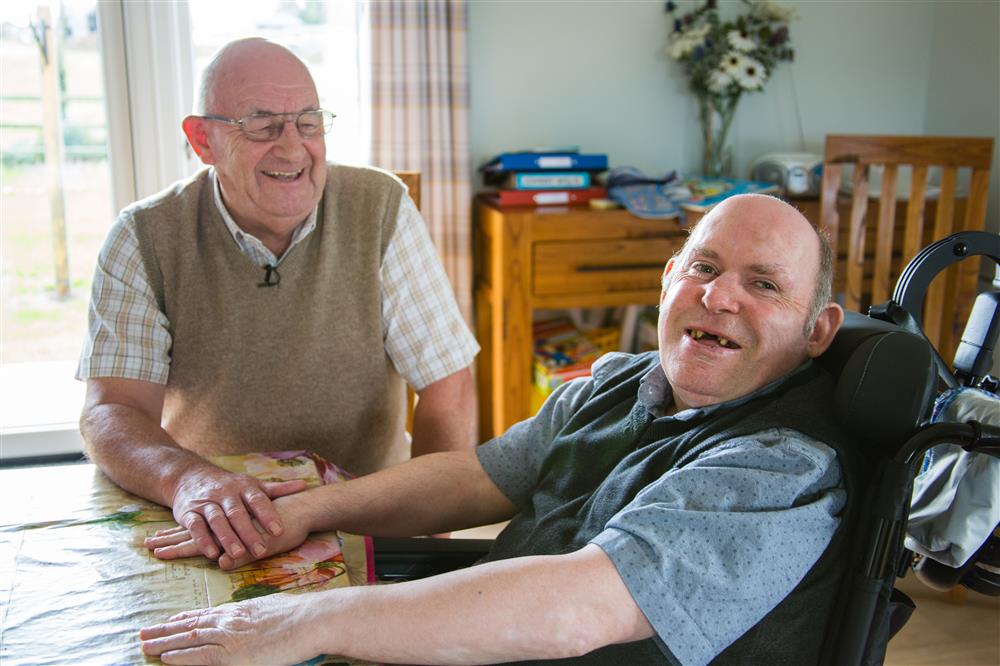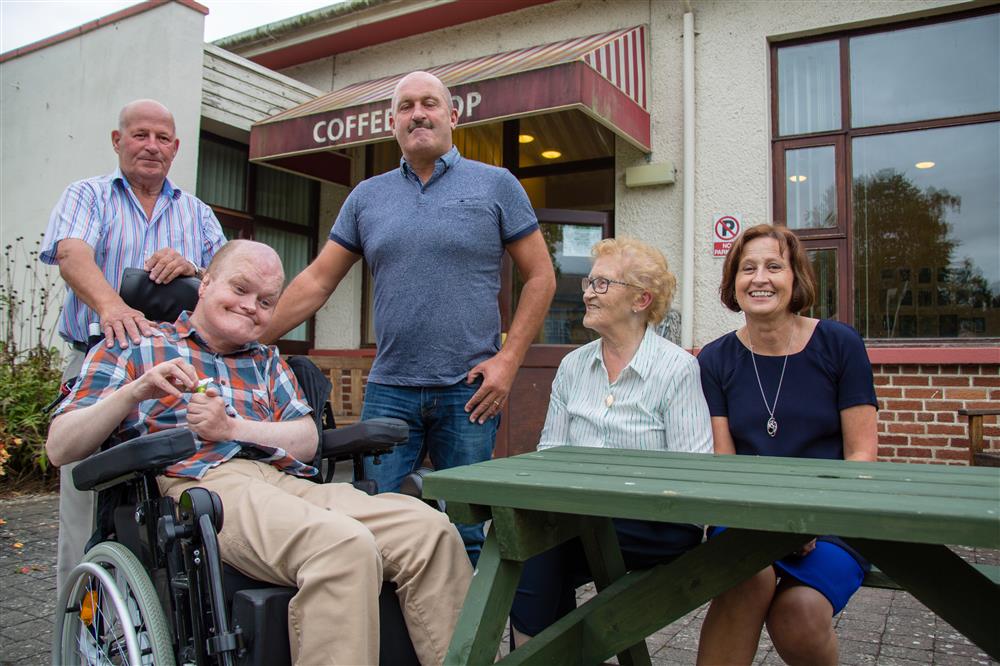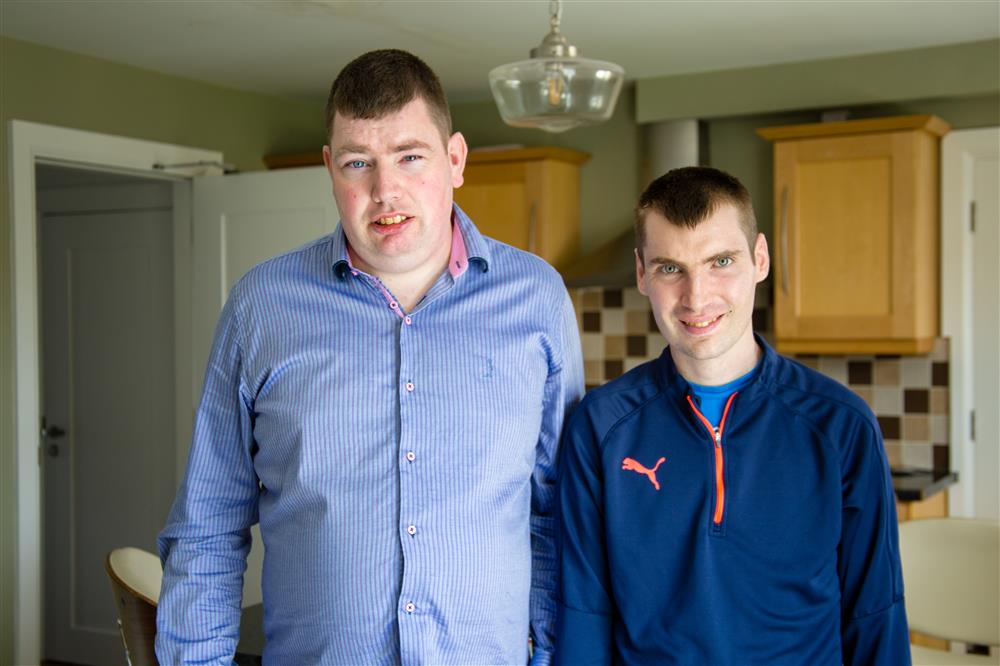Philanthropy and government combining to create national disability service reform
- Organization
- Genio Trust
- Country of Implementation
- Ireland
- Region
- Europe
- Subregion
- Western Europe
- Start Year
- 2010
- First published
- 31.01.2019

Solution details
“Like everybody else, you aspire to a better life, and we certainly believe he has a better life as a result of this move.” Gerard Kearney, twin brother of John Kearney who moved into his own home after 50 years in an institution
Problems Targeted
In Ireland, approximately 2,300 people with disabilities still live in institutions and 20,000 adults attend day services segregated from the community. The government faces a significant challenge in transforming services, but – as in most countries – funding is focused towards service providing and not innovation.
Solution, Innovation and Impact
The SRF awards funding across Ireland to projects that support people to move out of large institutions and into self-directed community-based services, using €45 million of combined funding from the Department of Health; Department of Housing, Planning, and Local Government; the Health Service Executive (HSE, the national health service); local authorities; and the Atlantic Philanthropies (a philanthropic fund that completed grant-making in 2016). Non-profit organizations apply for funding and undergo assessment against criteria such as self-direction, family and community support, sustainability, and cost-effectiveness. A multi-level grant review process includes key stakeholders, such as individuals who use services, family members, the HSE, Atlantic Philanthropies, and Genio Trust. Investment focuses on improving the quality of care and the level of community participation, as well as planning for residents to move into the community. Grants are issued with detailed six-monthly delivery targets, which are assessed by on-site visits. This innovative alliance between philanthropy and government refocuses public spending to produce more cost-effective outcomes. As of 2018, 16 grants totalling €7.9 million were issued and 179 people were moved from institutions into homes of their own.
Funding, Outlook and Transferability
Most of the funding has been provided by the HSE (€28 million), the Atlantic Philanthropies (€15 million), and the Department of Housing (€2 million). By specifically targeting projects in ten large institutions, 310 people will have moved into their own homes by December 2020, resulting in the closure of all ten sites. In addition, more than 500 individuals will be supported to move from institutional settings or receive other community-based services. The model is suitable to other countries where the government has a mandate and responsibility for delivering social services and where there is a need to innovate and reform existing measures.
Media
Pictures
Videos
Downloads
Related information
- Connections
- 2
-
Organization
- People

